After a rough and crazy 2020, in which most of the events were canceled on the annual fashion calendar, it seemed that 2021 would be a better year for the fashion industry. Although 2021was not how we envisioned it there was a return of physical fashion weeks, across the globe although in a way that’s completely new for the industry and with other key fashion and law events that happened.
As we end this year of 2021, it’s a proper time to look back on the top 10 fashion and law news that gave us moments of amusement, sadness, and excitement.
- Fashion enters the Metaverse:
From video games by Collina Strada and Balenciaga to start-ups creating digital clothes, fashion began experimenting with gaming and virtual reality in 2020. However, in 2021, some of the most influential brands went beyond notions and invested real money in the metaverse. Balmain, Dolce & Gabbana, and Gucci all sold NFTs; Balenciaga collaborated with Fortnite on a line of skins; and Nike acquired Rtfkt, the “Supreme of digital fashion” that combines fashion collectibles and gaming.
- Huawei Triumphs in the Trademark Case Against Chanel:
Chanel’s trademark battle with Chinese tech behemoth Huawei hit a snag this year, with the French fashion house attempting to block Huawei’s attempt to register a trademark with the European Union Intellectual Property Office for use on computer hardware and software programs because the mark is too similar to its famous double “C” logo.
A panel of judges from the EU General Court sided with Huawei, ruling that the respective parties’ marks “must be compared as applied for and registered, without altering their orientation, the figurative marks at issue are not similar.” While the marks in question share certain characteristics, the court held that the marks are still “visually different” – from “the more rounded shape of the curves” to “greater thickness of the line of those curves in [Chanel’s] mark as compared with the line of the curves in [Huawei’s] mark.”
- Nike Sued MSCHF Over Modified “Satan Shoes:”
One of the most intriguing litigations of 2021 was also one of the most recent to be dismissed. Nike filed a trademark infringement and dilution suit against MSCHF, accusing the Brooklyn, New York-based “art collective” of “taking orders for the customized Nike Air Max 97 shoes” that it had “materially altered to prominently feature a satanic theme” just hours after it released more than 600 pairs of its blood-infused “Satan Shoes.” The highly-publicized debut sparked enormous customer outrage, including a storm of social media comments and calls for a boycott of Nike because of the customized sneakers, which caused severe brand damage.
The case, which settled within two weeks and it also raised several appropriate issues, including ones that revolve around the legality of marketing and selling original and authentic, trademark-bearing goods that have been modified, which has been a cause of action in many recent cases, as customized goods continue to find favor among consumers.
- Israel- Bans Fur Sale in The Fashion Industry:
Israel’s announcement to ban the sale of fur in the fashion sector was praised by the International Anti-Fur Coalition, who called it the ‘first-ever country’ to do so.
Israel’s Minister of Environmental Protection, signed the bill after an awe-inspiring 86 percent of Israelis voted in support of it. The Wildlife Protection Law modification restricts the INPA director’s maneuvering room but allows him to continue giving licenses provided the pelts are utilized for “religious tradition, scientific research, education, or instruction.”
This loophole does not apply to Jews, who regularly wear cake-shaped sable hats known as shtreimels on Shabbat and holidays, but importers will now need to apply for special permissions.
- Luxury Mergers & Acquisitions:
In the realm of luxury fashion, there have been several mergers and/or acquisitions that have set tongues wagging from all walks of life. Some of them are:
Chanel and Paima
The acquisition of a significant share in Paima by Chanel is the most recent luxury restructuring of a company. After more than two decades of collaboration, Chanel purchased a majority investment in the Italian firm, signaling the fashion house’s aim for more control over its manufacturing processes and supply networks.
Authentic and Reebok
Reebok was purchased by Authentic Brands for €2.1 billion from Adidas, the German sportswear powerhouse. The agreement was signed on August 12th, 2021. Authentic Brands is a New York-based company that also owns Forever 21, Brooks Brothers, and Eddie Bauer, purchased Reebok in the hopes of revitalizing the sportswear label.
Reliance – Ritu Kumar and Manish Malhotra’s fashion labels
Reliance Industries has bought a 52 % share in Ritu Kumar, a well-known designer label. The 35 % investment held by Everstone Capital in India’s Ritika Pvt Ltd, which controls the Ritu Kumar brands, was purchased by Reliance Retail as part of the majority share transaction. Reliance Brands Ltd (RBL), a subsidiary of Reliance Industries Ltd, has secured a 40% share in Manish Malhotra’s MM Styles Pvt. Ltd.
- Marc Jacobs stages a major comeback:
Marc Jacobs was away from the runway for well over a year, while his competitors tried virtual shows and look books to stay on course with the fashion calendar. Held at the New York Public Library in June, Marc Jacobs couture, which featured cocoon shapes, gigantic platform shoes, holographic dresses, and trailing faux furs. “This collection was more about pushing the fashion bar than it was about where we’ve been or the current fashion conversation,” wrote Nicole Phelps of Vogue Runway. The collection’s title is “Happiness,” according to Jacobs.
- Infringement & Influencers:
A California federal judge ruled in August, that a party hired to endorse a product could be held accountable for trademark infringement if they promote a product with an allegedly infringing name. Judge Cormac Carney of the United States District Court approved part of Molly Sims’ motion to dismiss the complaint brought against her and Rodan & Fields over the promotion of a product called “Brow Defining Boost.” Petunia’s direct trademark infringement and unfair competition charges were not dismissed by Judge Carney, who found that Petunia had established that: (1) Sims “used the trademark in commerce,” and that (2) “her use was likely to confuse customers as to the source of the product.”
- The return of Met Gala:
This year, fashion’s largest night returned, but with a few changes, such as requiring attendees to provide proof of vaccination and a mask-on policy indoors (except when dining or drinking). The focus was on the red carpet when celebrities made their entrances and showcased their beautifully planned costumes, but what was surprisingly more entertaining to observe was how some of them used their face covering as a creative accessory.
Kim Kardashian wore a Balenciaga costume that covered her entire head, while singer Grimes made hers a tremendously eye-catching feature of her Dune-inspired attire.
- Rise Of Fashion NFTs:
This is the year of non-fungible tokens, and high-end fashion houses have jumped on board with the cryptocurrency fever, each releasing their kind. It’s no surprise, given that these digital assets have been known to sell for millions of dollars.
This year, Gucci debuted its first official NFT with a short video produced to commemorate the Aria collection and its 100th anniversary, while Burberry and Louis Vuitton went right to gaming.
- Tiffany & Co., Costco Settle Years-Long Lawsuit:
Tiffany & Co. and Costco reached an agreement this year to end their long-running legal battle, which began on February 14, 2013, over the warehouse chain’s selling of “Tiffany” rings that were neither created nor authorized by the renowned New York jewelry company. Last summer, the U.S. Court of Appeals ruled that “discriminating” Costco consumers would not be confused about the origins of the rings, and that Costco’s use of the “Tiffany” name was not intended to deceive customers. During the relevant period, 3,349 people purchased “Tiffany” rings at Costco, according to Tiffany’s estimations.
References:
- (December 20, 2021) Fashion Law in 2021: 12 of the Year’s Noteworthy Lawsuits, The Fashion Law.
- Emily Farra (December27, 2021) The year in fashion: 20 moments we’ll remember most from 2021, Vogue. https://www.vogue.in/fashion/content/the-year-in-fashion-20-moments-well-remember-most-from-2021
- (December 30, 2021) Year in Review: Trademark Trends, Filings & Cases of 2021 – Part II, The Fashion Law.


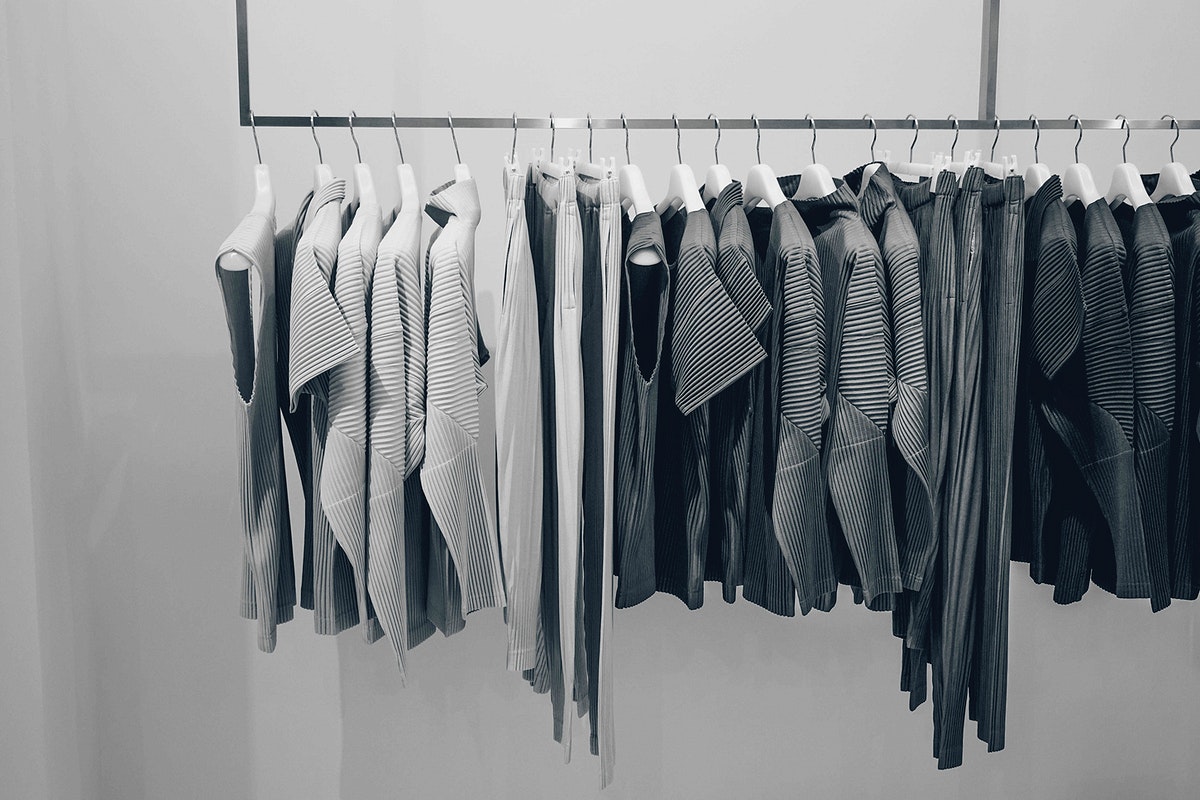

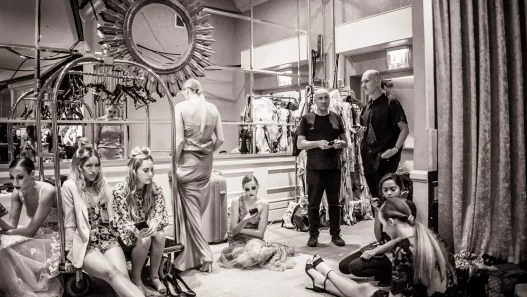

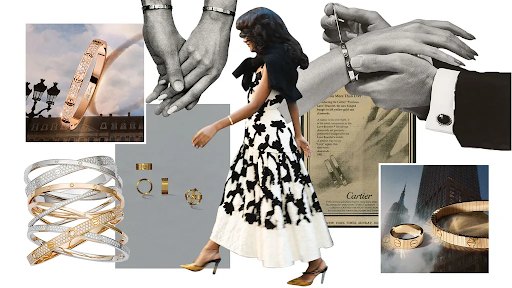
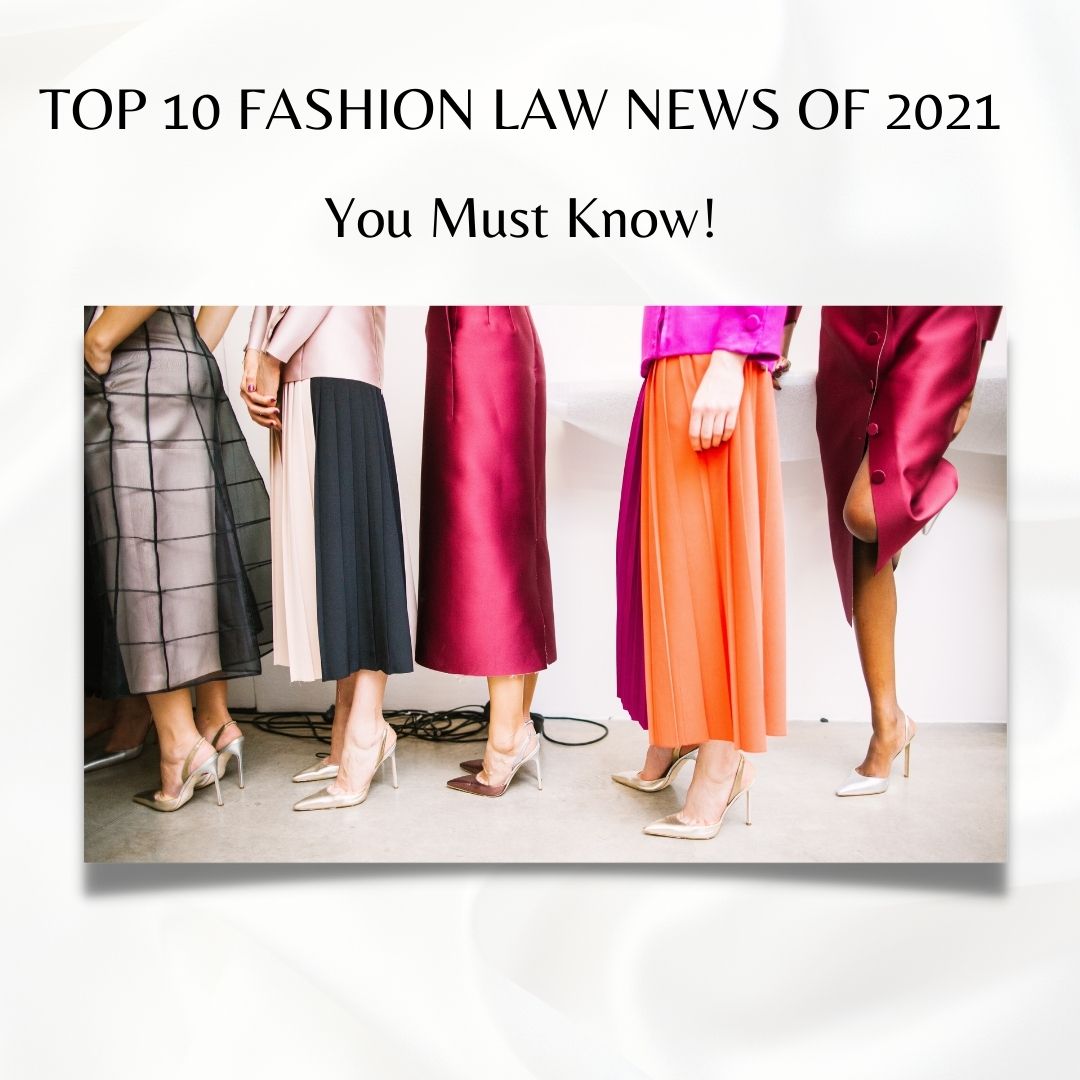

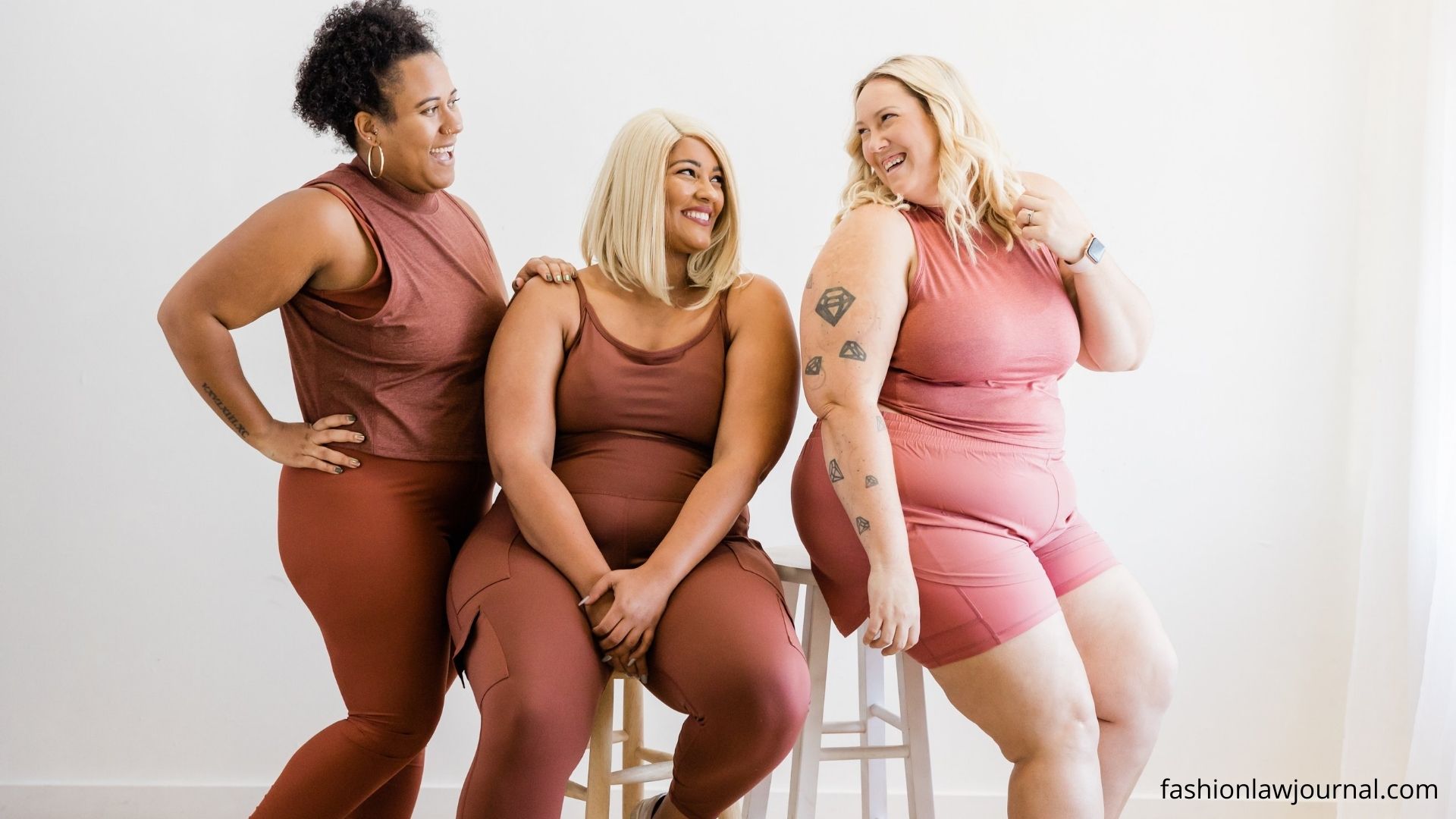
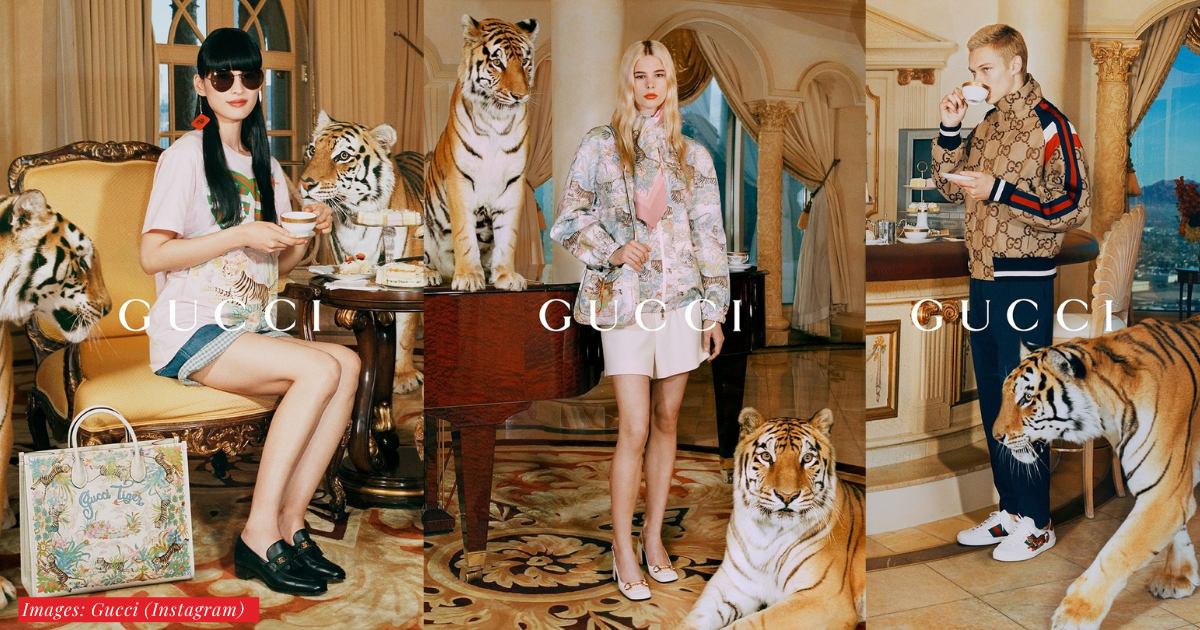






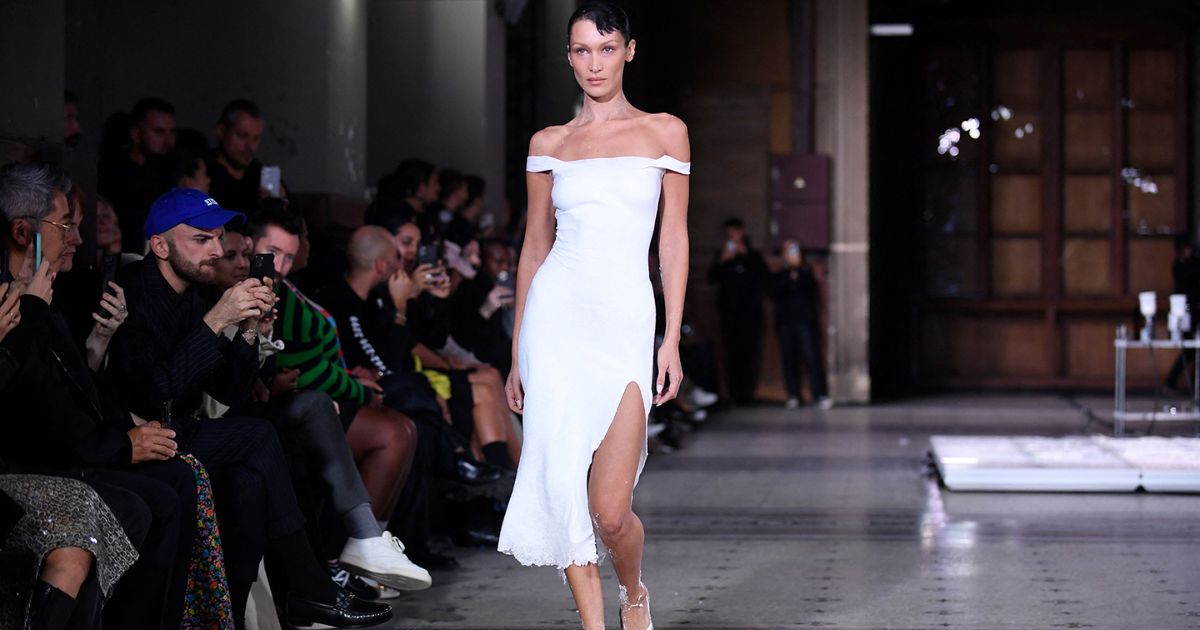
Superb article!!!!